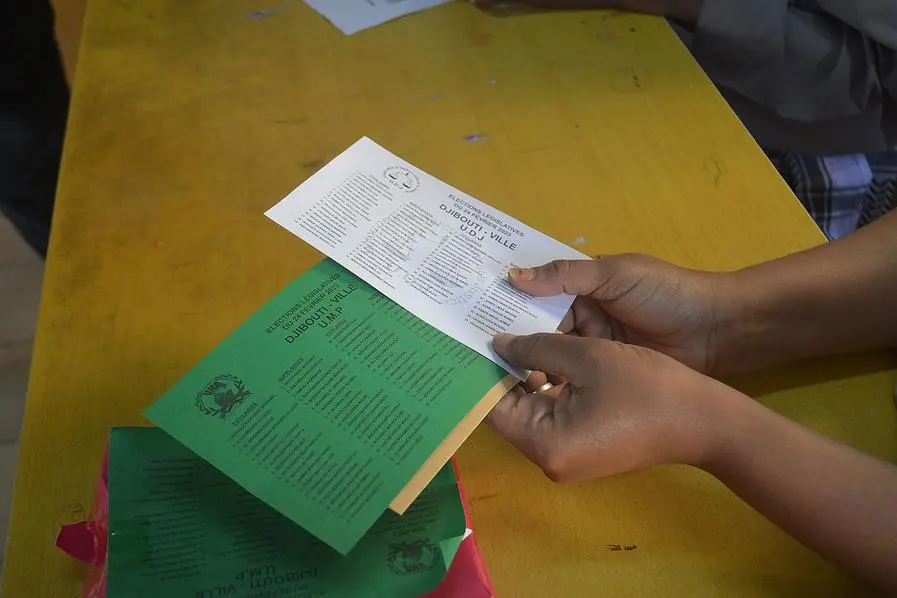
D’JIBOUTI, Feb 25 (NNN-AGENCIES) — Polls closed Friday in the tiny Horn of Africa nation of Djibouti, where President Ismael Omar Geulleh’s ruling party faced a single opposition party in parliamentary elections.
Djibouti main opposition parties, including the Movement for Democratic Renewal and Development (MRD) and the Republican Alliance for Democracy (ARD), boycotted the elections, branding the vote as a sham.
Only two parties contested seats in the 65-member National Assembly, where veteran President Ismael Omar Guelleh’s ruling Union for Presidential Majority (UMP) is assured of victory.
It is not immediately clear how many of Djibouti’s 230,000 voters cast their ballots on Friday to pick MPs for a five-year term, with the law stipulating that 25 percent of the 65 seats must go to women.
“Voting is part of respecting democracy and it is a national duty on every citizen. We are contented the peaceful way the election is taking place,” said Djibouti President Ismael Omar Guelleh, 75, as he cast his vote.
Abdulmalik Jama Ali, representative for the Union for Democracy and Justice (UDJ), the only other party running for the elections, said that his party was happy with the election process.
“We are satisfied how things go and have no complaint,” said Ali.
Turnout appeared low, according to local media.
Despite its diminutive size, Djibouti enjoys a strategically crucial position at the mouth of the Red Sea, using it to woo trade investors and foreign military powers.
The poll follows a presidential ballot in April 2021 that saw Guelleh, commonly known as IOG, re-elected for a fifth term with 97 percent of the vote.
In the last legislative ballot in 2018, the UMP — which emerged from a party that ruled Djibouti since independence from France in 1977 — won 58 seats.
The Union for Democracy and Justice (UDJ), which won a handful of seats last time, is the only other party running.
“Everything is being done to ensure that the election takes place in good conditions,” Interior Minister Said Nouh Hassan said Thursday.
In the background is the highly sensitive topic of who will become the next president, in a society marked by clan dynamics and the balance between the two main communities, the Issa and the Afar.
Guelleh, only the second president since independence, cannot run again because of an age limit of 75 set in the 2010 constitution.
Under Guelleh, the country of one million people has exploited its prime geographical advantage, investing heavily in ports and logistics infrastructure with funding from abroad, particularly from China.
Flanked by Eritrea, Ethiopia and Somalia, and across the sea from Yemen, the desert nation has remained stable in a volatile neighbourhood.
Foreign military powers including France, the United States and China have established bases there. — NNN-AGENCIES


